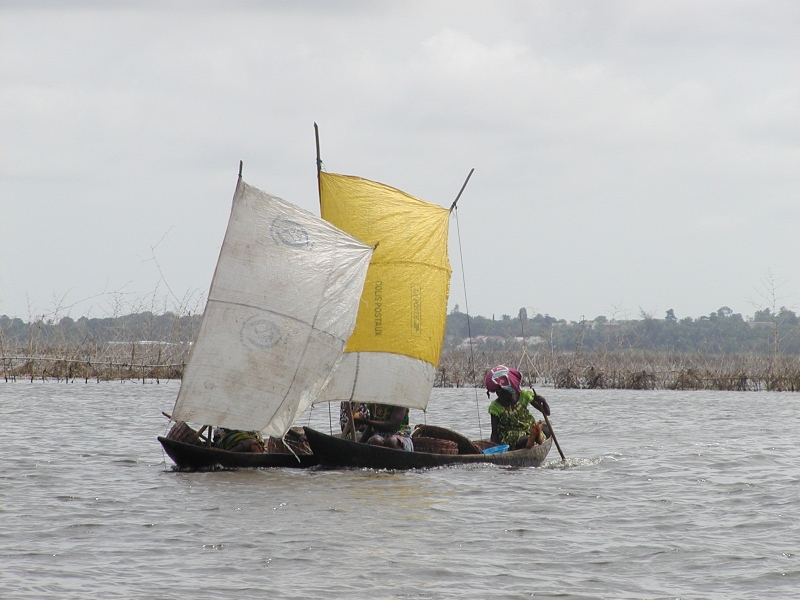Once a society gets used to its infrastructure it settles in and may not notice its cost or benefits anymore.
In his brilliant 2010 TED talk “The Magic Washing Machine” Hans Rosling explained how the presence of the washing machine had changed the life of women like his mother. The time they had previously used to hand wash clothes became available for reading and self-education.
I did not know that time, but I do realize how impactful such a change can be. But also, how quickly it can be forgotten.
Seeing a map of countries that can drink tap water and those that can’t, a similar thought appeared.
Access to water has changed life for centuries; the fight over water has been ever-present and continues. Now imagine what it would mean for our climate if we’d doubled the number of countries able to provide drinkable tap water to its inhabitants. I’m not sure what it would do as the impact is way too big to imagine everything that would change. There could be synergies related to the use of energy to clean the water just as much as it could change the level of groundwater. It could change people’s income as well as the GDP. And that could mean pumping less CO2 into the atmosphere as well as more.
But who knows?
There are water coolers everywhere. Partly because people don’t trust their tap water, and partly because they believe bottled water to be better. In the US, one of the 50 countries in which it is okay to drink tap water, many prefer bottled water although it can be up to 3.750 times more expensive than tap water.
I’m not sure where the utopia is. In the above idea or in the way we deal with what we have.
Something else I’ve often seen is how organizations focus on money or infrastructure as rewards for performance. It’s not that it is wrong. But it often isn’t the recognition people actually want. There is much more to being able to do great work than people realize.
It seems that what people mean when they talk about doing great work can’t be measured and thus will not be imagined.
Maybe, it’s why we may never see the number of countries with accessible clean tap water double. And why water coolers will continue to be installed even if a tap is close by.


